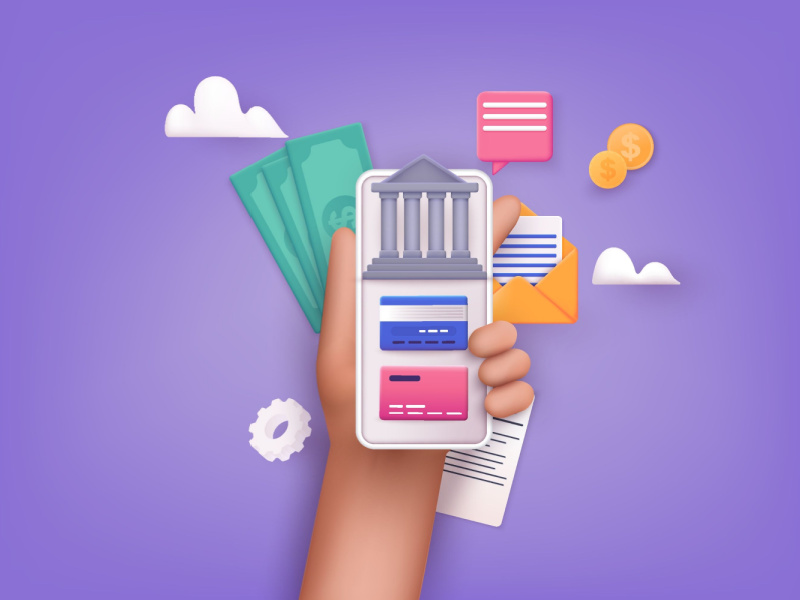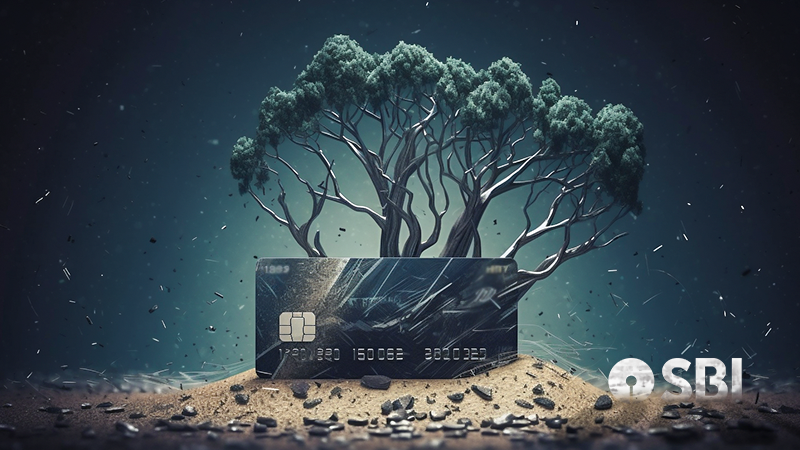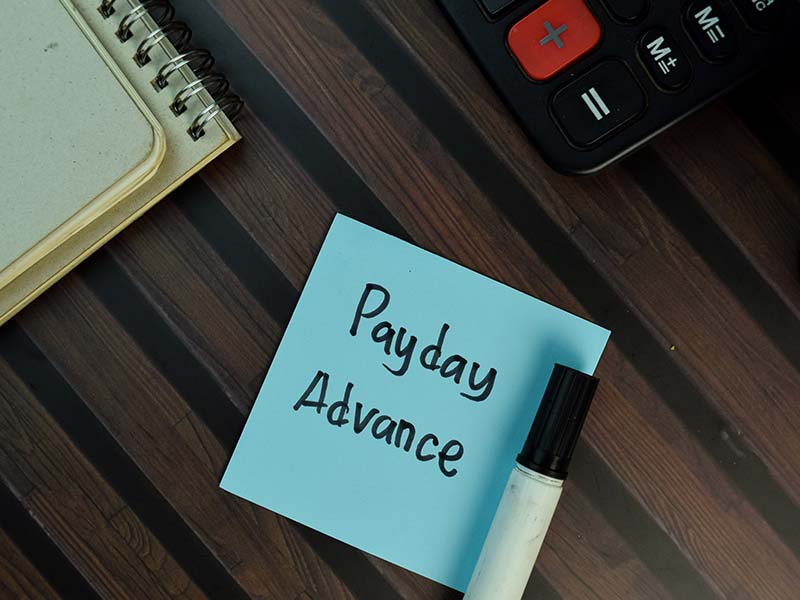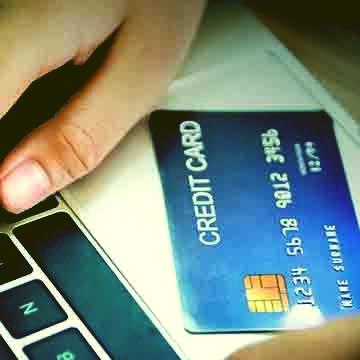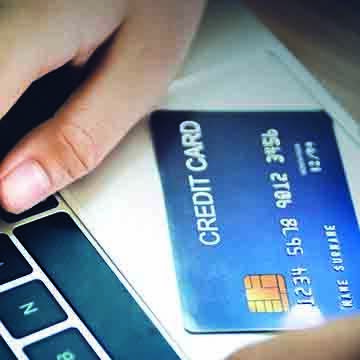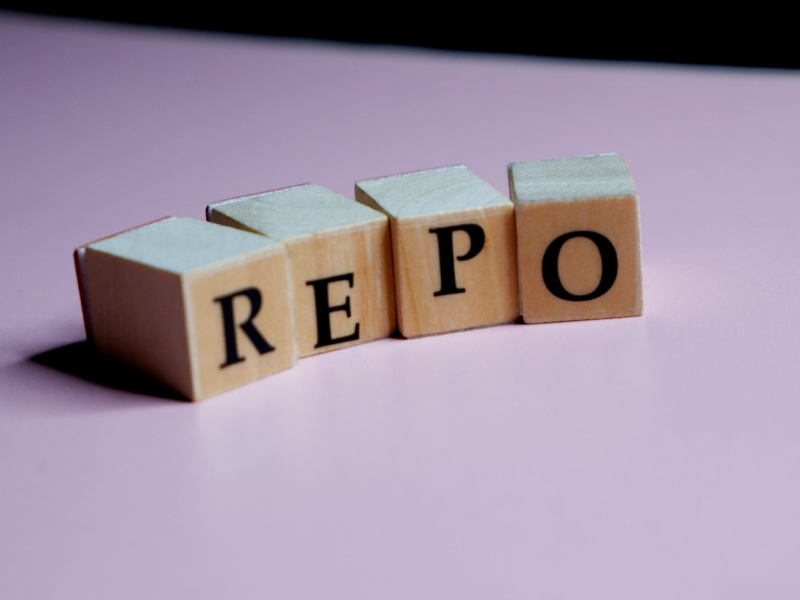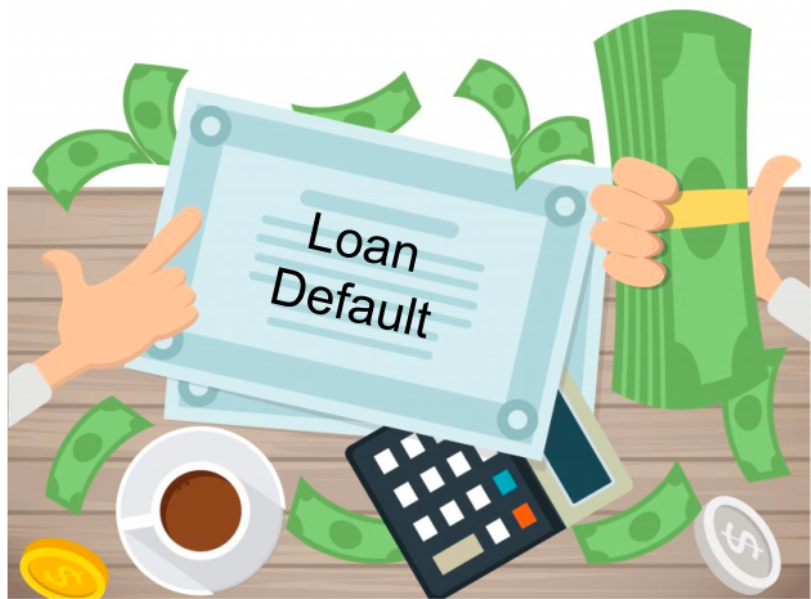
A loan is an amount lent to a borrower by a bank or lender with or without any collateral. As part of a loan agreement, the borrower promises to repay the loan amount borrowed along with interest. By borrowing a loan, a borrower gets the funds in the time of need and the lender earns interest on the lent amount. The objective of any loan borrower is mainly to cover for the cash crunch and the lender’s goal is to make profits through interest earnings.
Borrowing a loan nowadays is easy and also a widely used mechanism to cover for various needs like buying a home, car, covering for marriage expenses, higher education, emergency needs, medical expenses, etc. Taking a loan allows the borrower to easily access funds and the same can be repaid through EMIs (equated monthly instalments), including principal and interest components.
One of the most important factors to remember while borrowing a loan is that the borrower should be in a position to repay the same on time. However, in case a borrower fails to repay the loan on time, there could be certain negative consequences.
Right of borrower to approach the bank
Any borrower who defaults on loan repayment is provided with an opportunity and a right to approach the bank or lender, especially in case of any difficulty in timely loan repayment. Borrowers can choose a plan offered by the lender to restructure the debt and ensure a smooth future repayment.
What actions can the lender take in case of loan default?
As per Reserve Bank of India’s guidelines, banks have to give sufficient time to borrowers for paying up any loan dues. The central bank also forbids banks from using ‘muscle power’ for recovery of loans. Banks have to adhere to a certain code of conduct during loan recoveries. Here are some of the common action points of banks and lenders in case of a loan default situation:
- Most lenders send preliminary notices to borrowers about the overdue amount, stating the interest and penal interest to be paid.
- If the bank gets to know that the borrower is willfully defaulting on repayment or if the borrower does not provide a definite plan of action for repayment, the bank may resort to legal proceedings. In case the loan agreement involves a guarantor, the bank may approach him/her since the guarantor is responsible to repay the loan in case the applicant defaults.
- Banks generally begin following up once a single repayment has been missed. However, further process is dependent on the borrower’s approach and personal circumstances.
- In situations like death, health issues, or accidents that can break the repayment schedule unintentionally, banks may offer EMI holidays to the borrower or his/her family.
- Not heeding the bank’s reminders may result in a chain of events that starts with the bank resorting to a legal notice towards the borrower.
- In the case of multiple loans, a lender can also impose a penalty on defaults and late payments. This is normally applicable to unsecured loans wherein the lender cannot liquidate collateral against non-payment by the borrower.
Impact on credit score
If a borrower defaults loan repayments (EMIs) his/her credit score can get affected negatively. All lending institutions send defaulting borrower’s repayment track records to credit agencies and, as a result, the credit score may come down drastically. This can also have a negative impact on future access to credit.
Whenever a borrower approaches a financial institution for some form of credit facility, his/her credit track record is the first thing to be checked by lenders. A default history and a subsequent lower credit score are seen as risky credit profiles by lenders since there are high chances of defaults in the future.
In some cases, even if a borrower has defaulted in the past, he/she can manage to get a loan but may have to shell out additional interest rate charges as compensation towards additional risk borne by the bank.
Impact of loan default on collateral
Liquidating collateral is the resort used by banks in case of a loan default. If a borrower is unable to repay the loan despite legal notices, the last option that a lender will try to recover the loan is by liquidating collateral. In case a borrower has pledged his/her property as collateral towards the loan, the ownership of the property will go to the lender and the lender can sell the property to recover the loan amount.
What steps can borrowers take to avoid defaulting on loan repayment?
Every borrower has a reason why he/she cannot make timely EMI payments at some point during a loan tenure. It could be due to loss of job, personal emergency, which could have consumed all the savings, huge expenses incurred towards an illness, or some other reason.
Whatever the reason, if a borrower is unable to make timely loan repayments, here are some of the options that can be considered:
- Defer payments
Informing the bank of current inability to make loan repayments and seeking a temporary EMI holiday is one of the options with borrowers. A borrower may face financial difficulties in case of a job change or a temporary loss of employment. Banks may accept such genuine reasons, however, they may impose penalties for the delayed repayment.
- Reducing EMI
Borrowers who are struggling to make the EMI payment can consider requesting for a reduction in the monthly outgo. They can do so by approaching the lending institution and requesting them to extend the loan tenure. This can reduce the monthly EMI amount, though it can mean higher interest outflow. Once the borrower’s financial situation is stable, he/she can increase the EMI amount to previous levels.
- Loan restructuring
In case of inability to stick to the loan terms, borrowers can request the lender to relax them through reduction of charges, lower interest rates, extension of the loan tenure, moratorium period on interest, etc.
- Onetime settlement
This option is generally used in case a borrower is unable to make loan repayment to the extent that the interest dues are larger than the principal amount. In such cases, the bank may have already classified the loan as a non-performing asset (NPA). The borrower may be in no position to make any repayments due to bankruptcy or other reasons. The bank or lender may give the borrower an option to settle the loan through a smaller repayment. But, borrowers must exercise this option with care since it can negatively impact the credit report and result in a drop in the credit score.
- Debt Consolidation
Debt consolidation is another option to come out of a difficult debt situation. It involves taking a fresh loan to repay all existing and pending loans. However, borrowers must be careful to look for a loan with low interest costs as compared to previous loans. A personal loan is a good option to be used in debt consolidation. Since these are unsecured loans, it can be easy for borrowers to avail them and the higher loan amount allows them to cover all existing loans.
Conclusion
While borrowing a loan offers many benefits, it also comes with some responsibilities, timely repayment being one of them. If a borrower is unable to make timely repayments, he/she must inform the lender before the latter begins a recovery process. Although the recovery steps may differ across lenders, it can either mean certain relaxations for the borrower or legal action. Therefore, it is important to avail a loan only when one has the capability to repay in full and on time.
FAQs
No, in India, non-repayment of loan may not necessarily result in jail as it does not fall under the criminal offence category unless there is a fraudulent intent on part of the borrower.
Some of the rights of borrowers who can’t repay a loan include, right to fair valuation of assets, right to adequate notice, right to humane treatment, and credit counselling.
If you fail to repay a debt on time because of check bounce, it can affect your credit report. Therefore, missing even 1 EMI payment can immediately impact credit score.
Some lenders may offer a break or holiday period in EMI payments on home loans. This depends on the borrower’s credit history and terms with the bank.
To reduce personal loan interest rate, one can opt for higher down payment, longer repayment tenure, step-down EMI plan, negotiate with the bank for lower rates, etc.






